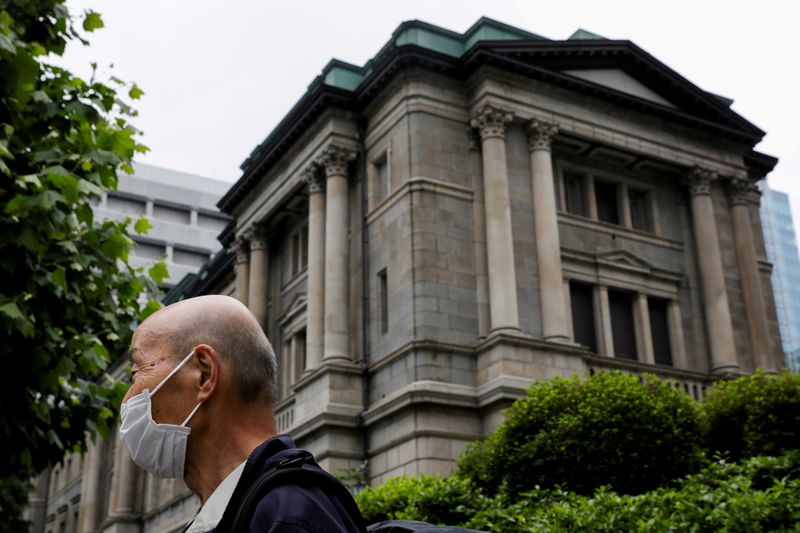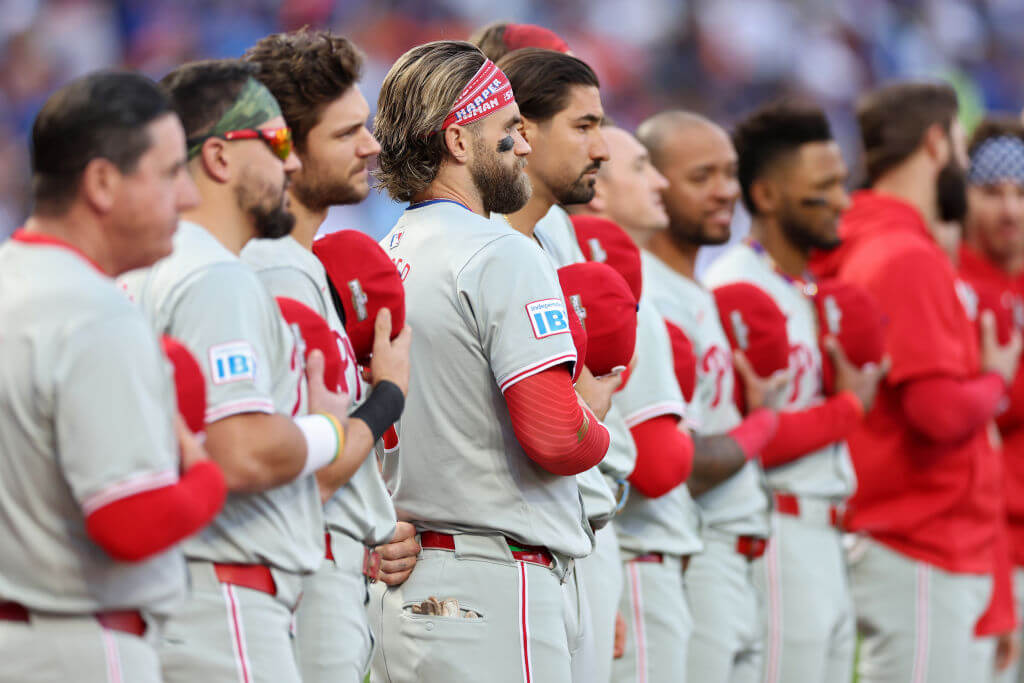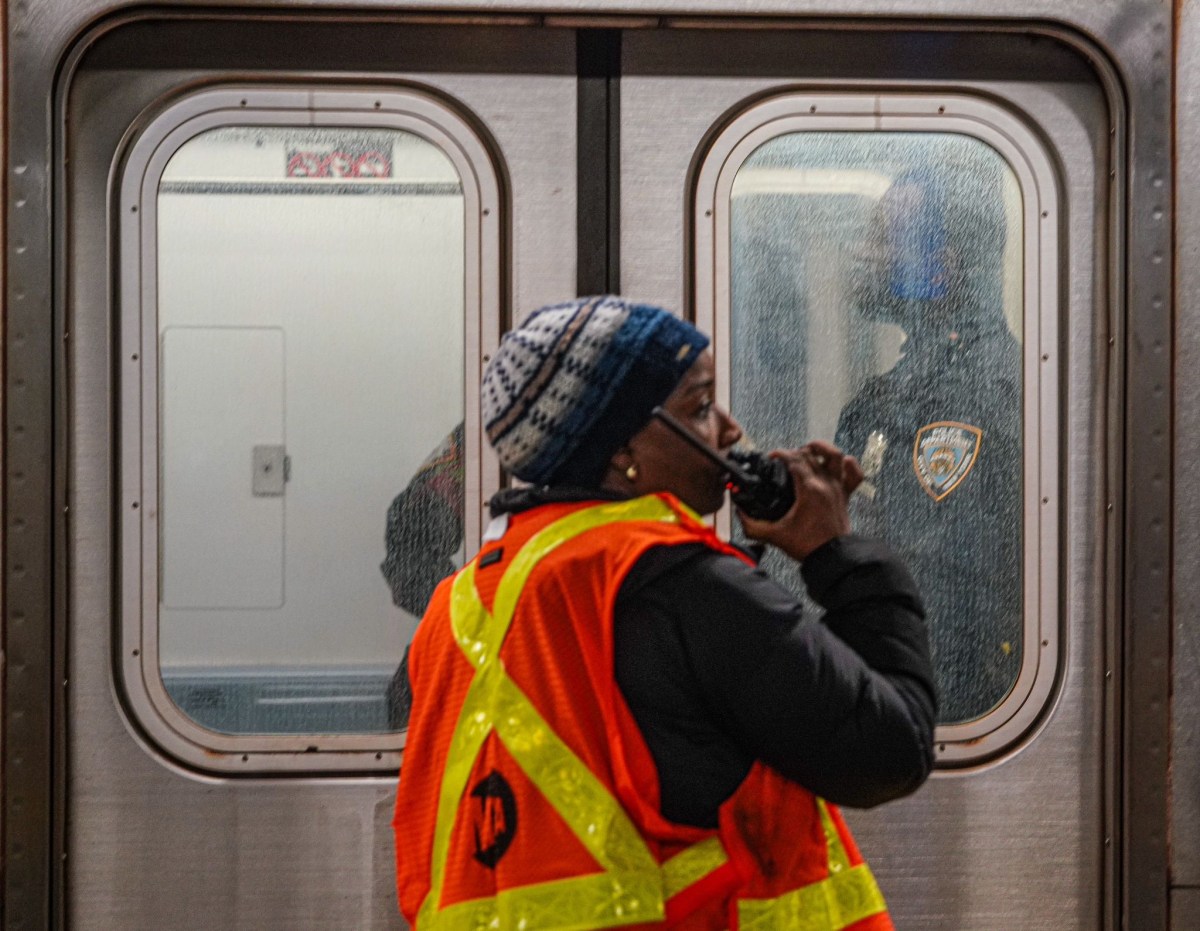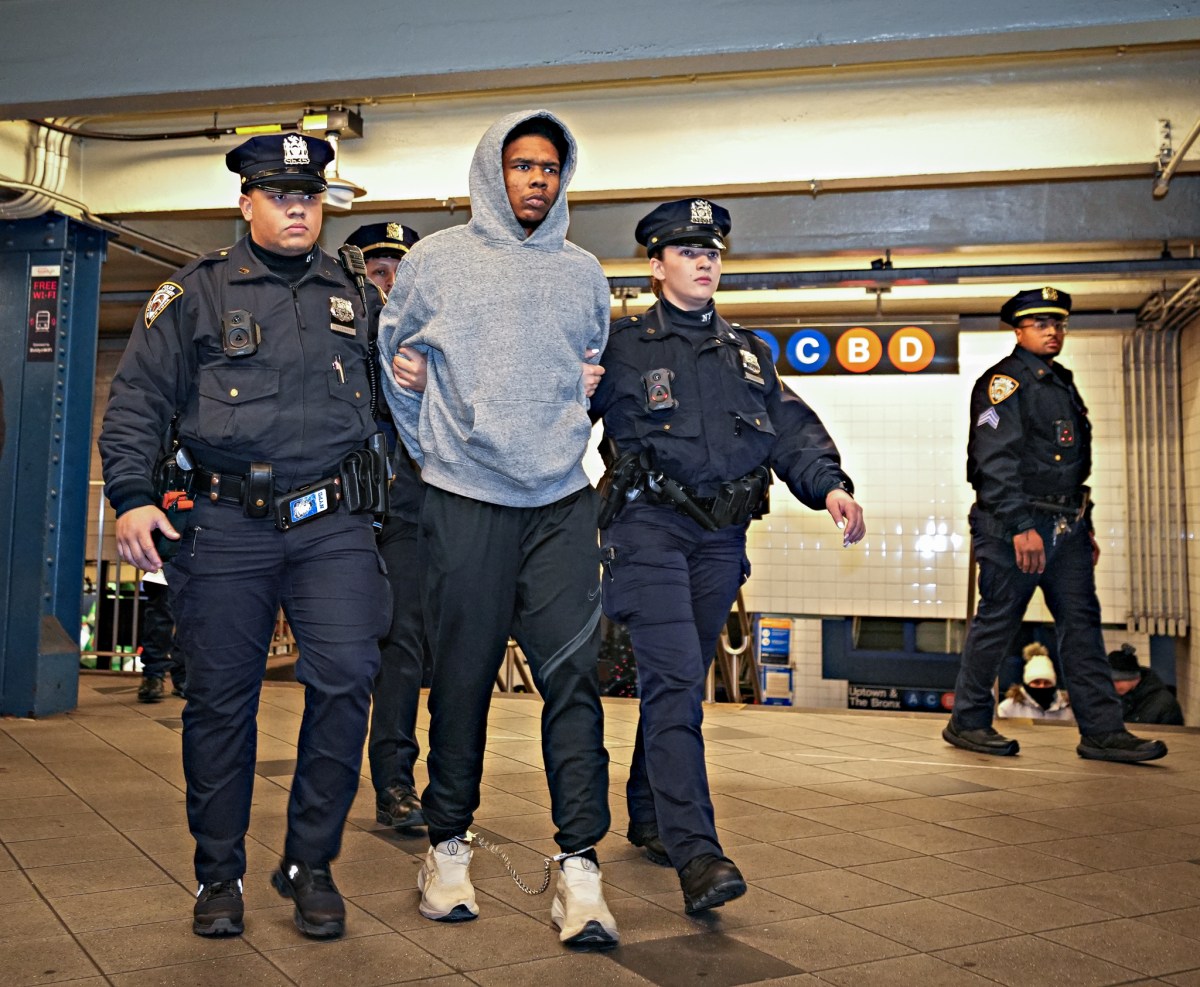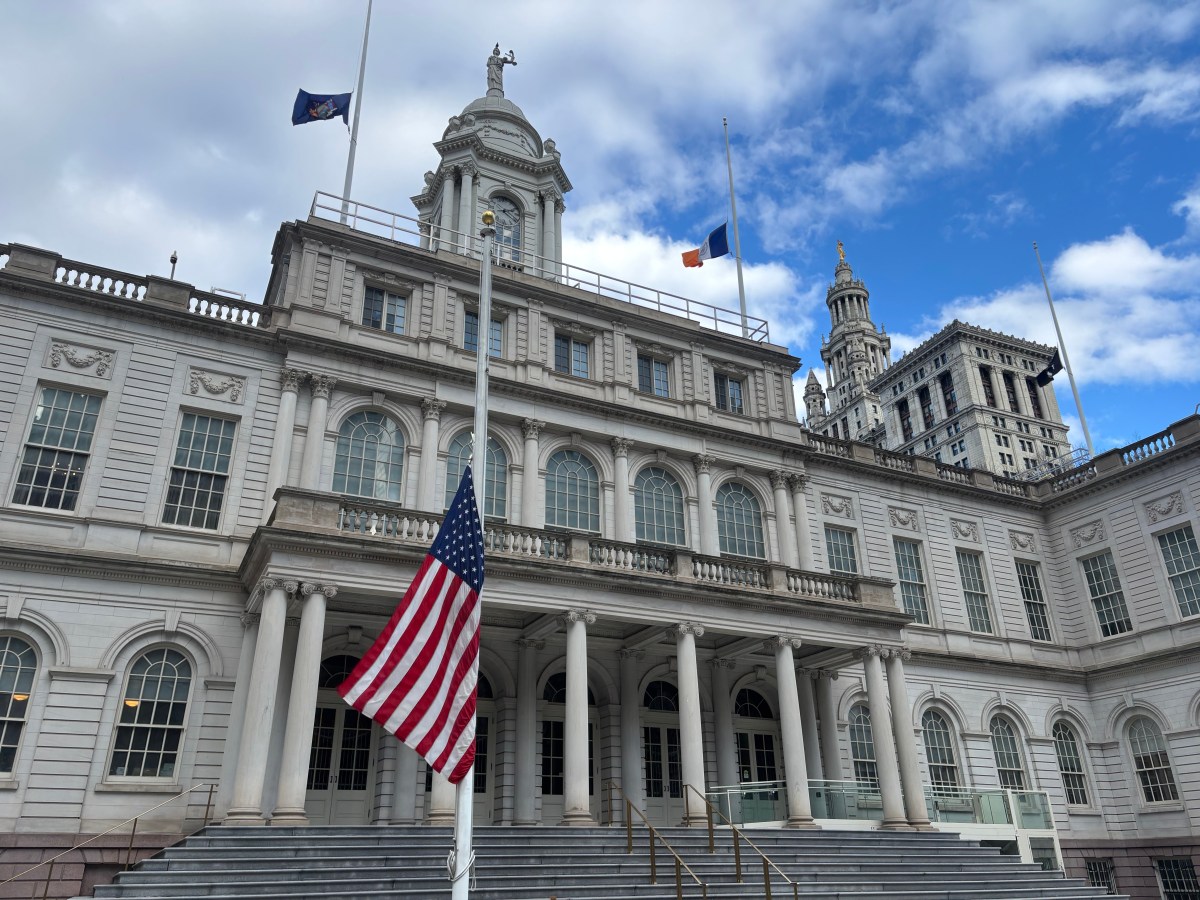TOKYO (Reuters) -Japanese households’ inflation expectations rose in the three months to September, a survey showed on Monday, suggesting a global rise in raw material costs may be affecting perceptions in a country worried about the risk of deflation.
The ratio of Japanese households that expect prices to rise a year from now stood at 68.2% in September, up from 66.8% three months ago, a quarterly central bank survey showed.
The median projection of inflation a year from now stood at 3.0% in September, up from 2.0% in June, the survey showed.
There is uncertainty, however, on how lasting the shift in public sentiment could be. The ratio of households seeing prices rising five years from now slid to 78.1% in September from 79.3% in June.
More households expect economic conditions to worsen a year from now, the survey showed, underscoring concerns that the lingering impact of the coronavirus pandemic could weigh on consumption.
In a sign households are already feeling the effects of rising food and grocery costs, 61.5% said they saw prices rise from year-before levels, up from 56.4% in June.
The survey was conducted on 2,209 households between Aug. 6 and Sept. 1.
Japan’s economy, the world’s third largest, is gradually recovering helped by robust external demand, though consumption has been hobbled by state of emergency curbs to contain the rise in COVID-19 infections. The measures were lifted on Sept. 30.
Soft household spending has kept consumer inflation hovering around zero in Japan, contrary to other major economies that have seen prices spikes on strong demand and supply bottlenecks.
Former Prime Minister Shinzo Abe deployed his “Abenomics” stimulus policies in 2013 to pull Japan out of nearly two decades of grinding deflation. While consumer prices have perked up since then, inflation remains distant from the Bank of Japan’s 2% target due partly to weak household spending.
(Editing by Chang-Ran Kim and Jacqueline WOng)

